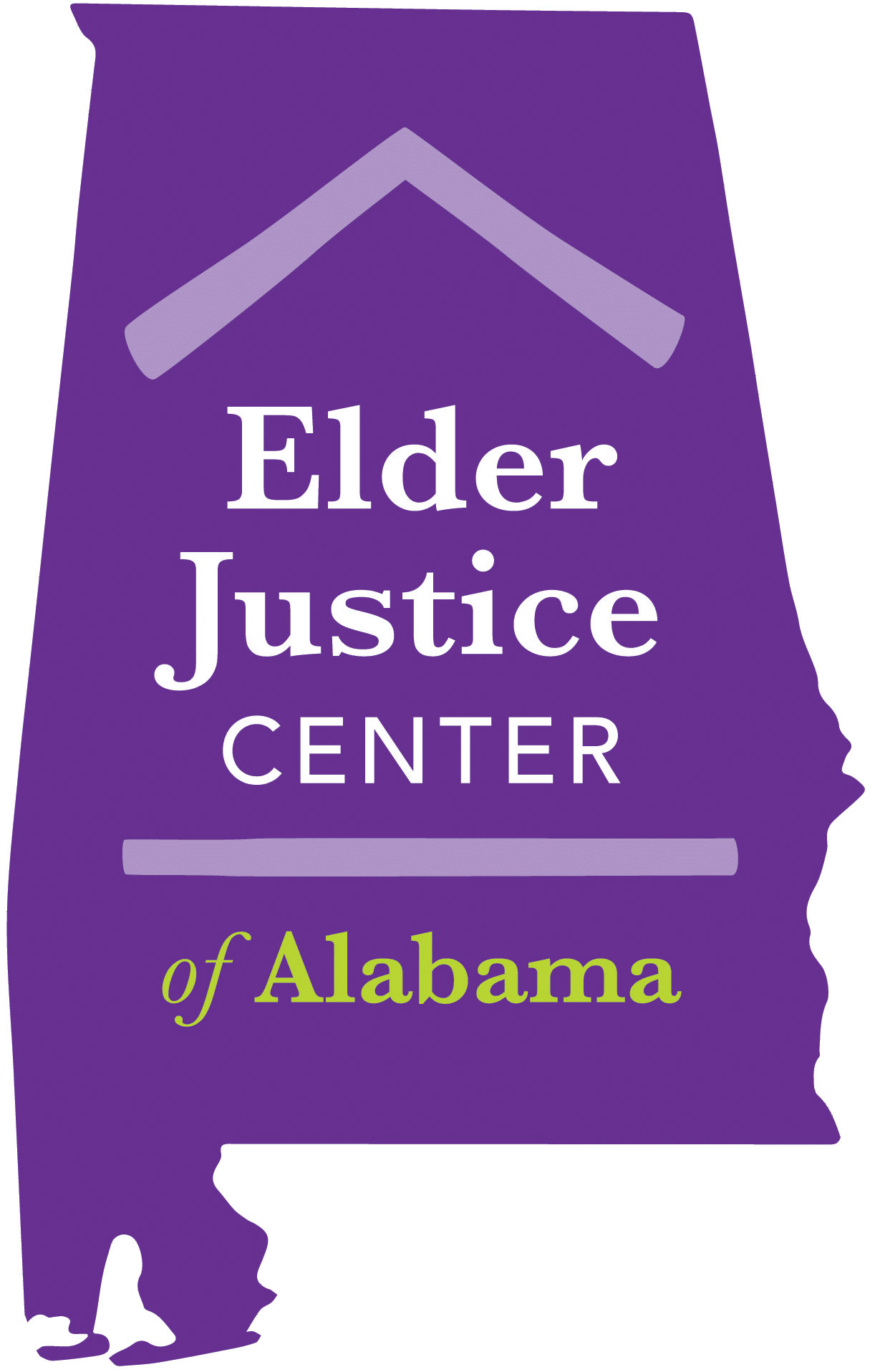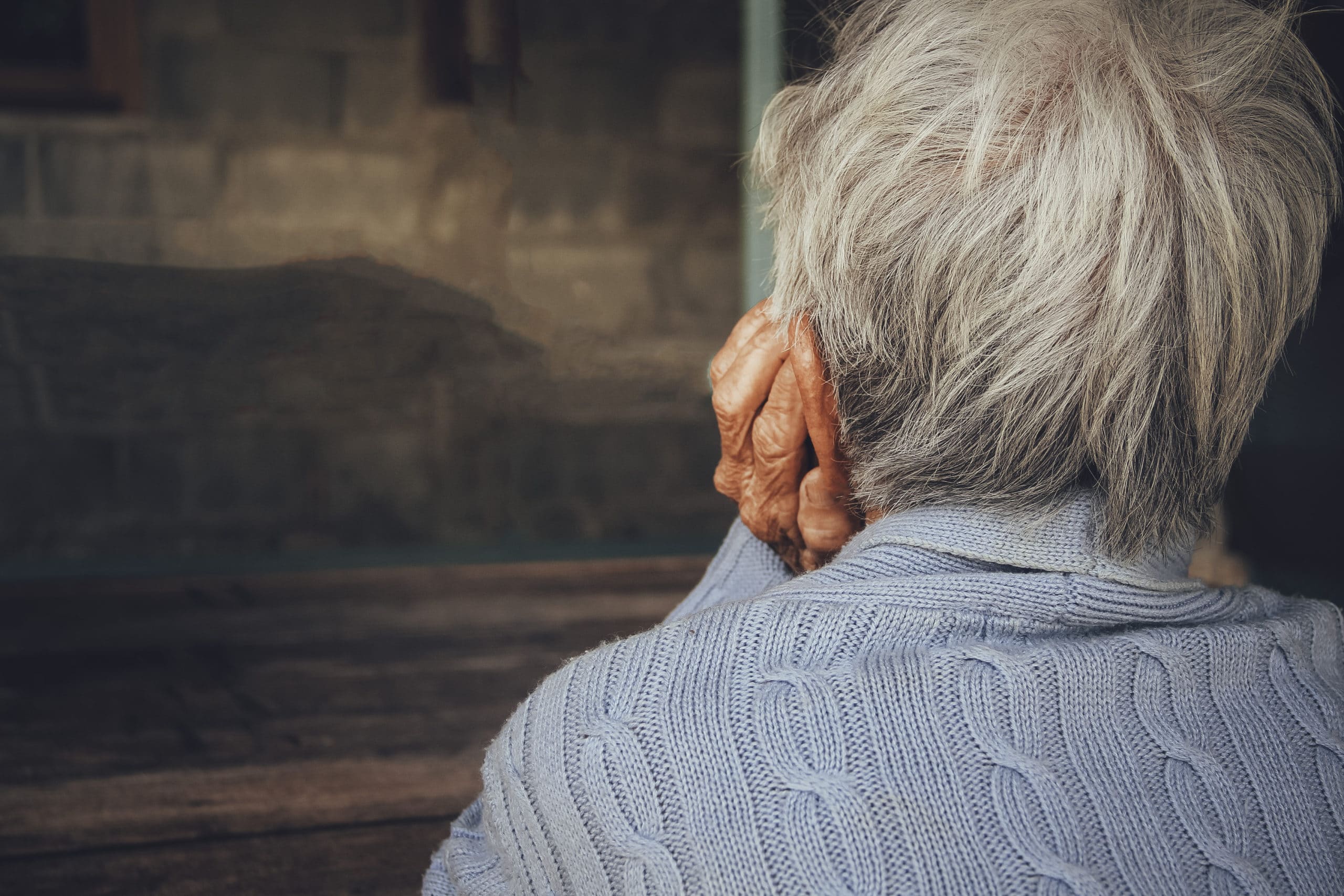Elder Abuse & Mistreatment
In our society, older people, for example, are often isolated and alone, which increases the likelihood of neglect and abuse. We can create a more just society for all people—regardless of our age—by building a stronger social structure. Elder abuse is a serious health pandemic that we all should care about and eliminate in Alabama. Elder Abuse Affects All of Us.
Elder Abuse Defined
Physical Abuse
The infliction of physical pain, injury, or the willful deprivation by a caregiver or other person of services necessary to maintain mental and physical health.
Emotional Abuse
The willful or reckless infliction of emotional or mental anguish or the use of physical or chemical restraint, medication, or isolation as punishment or as a substitute for treatment or care of any protected person.
Exploitation
The expenditure, diminution, or use of the property, assets, or resources of a protected person without the express voluntary consent of that person or his or her legally authorized representative.
Neglect and Self-Neglect
The failure of a caregiver to provide food, shelter, clothing, medical services, or health care for the person unable to care for himself or herself; or the failure of the person to provide these basic needs for himself or herself when the failure is a result of the person’s mental or physical inability.
Sexual Abuse
Any conduct that is a crime as defined in Sections 13A-6-60 to 13A-6-70, inclusive, which may include rape, sodomy, or sexual abuse by forcible compulsion or incapacity of the victim or indecent exposure.
THE WARNING SIGNS
Physical Abuse
Unexplained fractures, bruises, welts, cuts, sores, burns, torn or bloody undergarments.
Emotional Abuse
Unexplained or uncharacteristic changes in behavior, such as withdrawal from normal activities, or unexplained changes in alertness.
Social Isolation
The caregiver is verbally aggressive or demeaning, controlling, overly concerned about spending money, or uncaring.
Exploitation
- Person with a caregiver, guardian/conservator whose personal needs are not being met.
- Elder giving excessive financial reimbursement/gifts for needed care and companionship.
- Caregiver has control of elder’s finances but fails to provide for elder’s needs.
Neglect (and Self-Neglect)
- Lack of basic hygiene, adequate food, or clean and appropriate clothing, medical aids (glasses, walker, dentures, hearing aid, medications).
- Person with dementia left unsupervised.
- Person confined to a bed left without care.
- Home cluttered, filthy, in state of disrepair, or with fire and safety hazards.
- Home without adequate facilities (stove, refrigerator, heating, cooling, working plumbing, and electricity).
- Untreated pressure “bed” sores (pressure ulcers).


